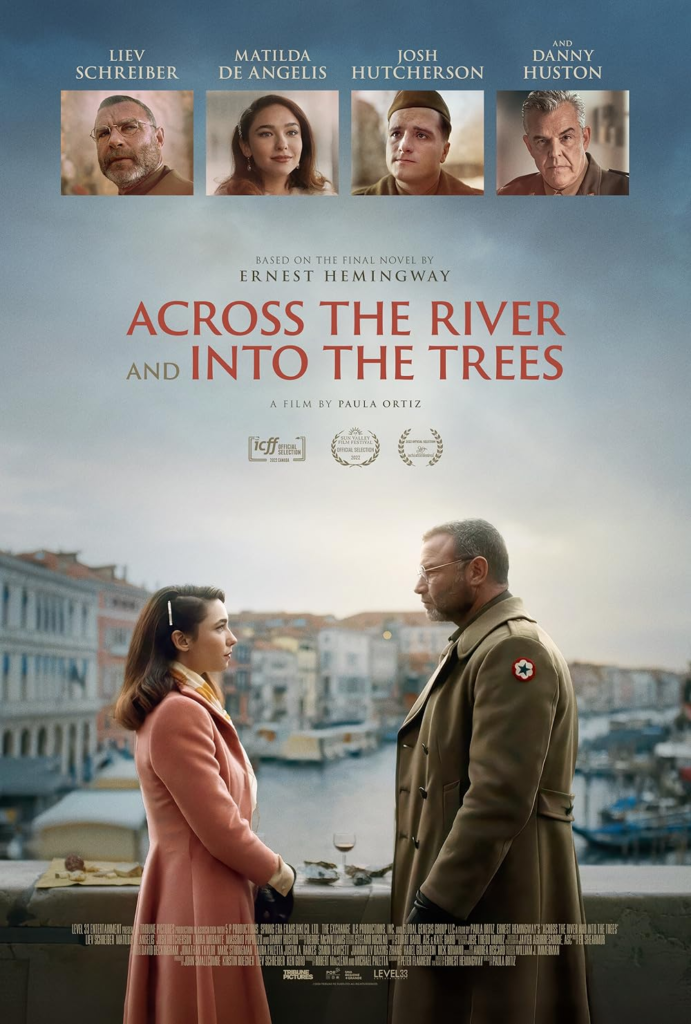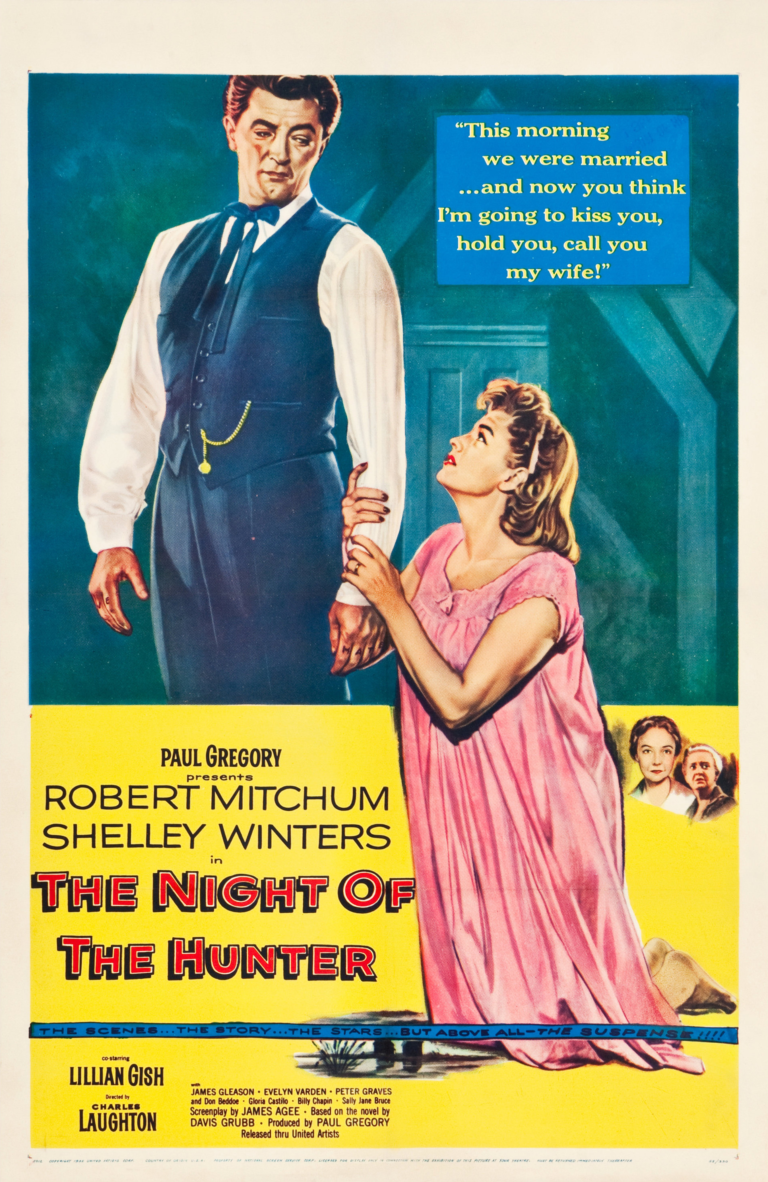Across the River and Into the Trees Christian Review

Some films aren’t meant to be consumed quickly. They linger, they simmer, and they ask something more from you as a viewer. Across the River and Into the Trees, based on Hemingway’s lesser-known novel, is one of those films. It’s the kind of story that pulls you into its world slowly, like the soft, steady rhythm of Venice’s canals. This film doesn’t rush to show you its hand. Instead, it wraps you in the quiet despair of Colonel Richard Cantwell, a war-weary man whose life has become a slow march toward inevitable finality.
The character of Cantwell, played with understated brilliance by Liev Schreiber, is Hemingway’s avatar for all those things we rarely want to confront—mortality, regret, lost love. It’s a contemplative film, full of introspection, heavy with the weight of a life lived in the shadow of death. For those of us drawn to the reflective, those who find value in sitting with difficult emotions, Across the River, and Into the Trees offer a profound, if haunting, experience. It’s like watching the slow erosion of a man’s soul, set against the decaying beauty of Venice, a city that is itself a metaphor for the transience of life.
The Weight of Time and Memory
Across the River and Into the Trees doesn’t shy away from its somber tone, and it makes no apologies for its slow, deliberate pacing. In some ways, that’s the point. This isn’t a story about action or resolution; it’s about reflection. Colonel Richard Cantwell is not a man running from his past. He’s a man drowning in it. Every glance, every sigh, every silent pause tells a story of a man who has lived too long with the weight of his memories. And not all of them are good.
Schreiber’s portrayal of Cantwell is striking not because it’s grand or theatrical but because it’s restrained. He’s a man who’s resigned to his fate, but that doesn’t mean he’s without emotion. Instead, his emotions bubble beneath the surface, quietly informing every move he makes, every word he says. It’s a delicate balance, and Schreiber nails it. You get the sense that Cantwell is a man who has lived a life full of glory and heartbreak, and now, in his final days, he’s trying to make sense of it all.
For Christian audiences, this kind of introspection is familiar. We’re encouraged to look back on our lives, to find meaning in our trials and our joys, and to see God’s hand even in moments of sorrow. Cantwell’s journey, though entirely secular, mirrors this in many ways. He’s grappling with the big questions—life, death, love, loss—and while he’s not explicitly looking for divine answers, his struggle is one that resonates deeply with the Christian call to reflection and self-awareness.
Venice as More Than a Backdrop
If Across the River and Into the Trees were set anywhere else, it wouldn’t have the same impact. Venice is not just a setting; it’s a character in the film. The city, with its crumbling facades and winding canals, is a perfect reflection of Cantwell’s own internal decay. There’s a melancholy to Venice, a beauty in its slow decline, that mirrors the sorrowful elegance of Cantwell’s last days. It’s a city that feels like it’s frozen in time, much like Cantwell, who seems unable—or unwilling—to move forward.
Venice, in this film, becomes a visual representation of life’s impermanence. As Christians, we understand that nothing in this world is permanent. We’re taught that our time here is fleeting, that the beauty we see around us is a reflection of God’s creation but is also bound to fade. Venice, with its grandeur and its decay, reminds us of this truth. The city’s quiet, almost haunting presence in the film serves as a constant reminder that life is short, and everything we hold dear is fragile.
But there’s beauty in that fragility, just as there’s beauty in Cantwell’s slow acceptance of his own mortality. Venice may be crumbling, but it’s still breathtaking. Likewise, Cantwell’s life may be nearing its end, but there’s still dignity in the way he faces it. For Christian viewers, this idea of finding grace in brokenness, of seeing beauty even in decay, is a powerful one.
Liev Schreiber’s Quiet Mastery
The heart of this film is undoubtedly Liev Schreiber. His performance as Colonel Richard Cantwell is one of subtlety and nuance. He doesn’t need grand gestures or over-the-top emotion to convey the deep sadness and regret that define his character. Instead, he lets Cantwell’s weariness speak for itself. You can feel the weight of his past in every scene, in every look he gives, every word he says. It’s a performance that feels lived-in, authentic, and deeply human.
Schreiber’s Cantwell is not a man of faith, and yet there’s a certain dignity in the way he approaches death. He’s not afraid of it, but he’s not entirely at peace with it either. He knows his time is running out, and while he’s not looking for salvation, he is looking for meaning. For Christian viewers, this is a reminder that even those who don’t share our faith are grappling with the same fundamental questions about life and death. It’s a human experience, and Schreiber’s portrayal of Cantwell highlights that beautifully.
In a world that often avoids the topic of death or treats it with fear, Across the River, and Into the Trees offers a more honest, contemplative portrayal. Cantwell is a man who knows he’s dying, and he’s determined to face it on his own terms. There’s something deeply Christian about that acceptance of mortality, even if Cantwell himself doesn’t have faith.
The Slow Burn of Melancholy
It’s important to note that Across the River and Into the Trees is not a film for everyone. Its slow, reflective pace may frustrate viewers looking for more action or plot-driven drama. This is a film that asks you to sit with it, to let its emotions wash over you gradually. It’s not about what happens next; it’s about what’s already happened and how the characters are dealing with it.
For some, this kind of pacing will feel meditative, a chance to really dive deep into the themes of love, loss, and mortality. For others, it may feel too slow, or too introspective. But for those willing to engage with the film on its own terms, there’s a lot to take away.
As a Christian viewer, the film’s pacing can be a gift. It allows you the space to reflect on the deeper questions it raises. It’s not just a story about a man facing death; it’s a story about all of us, about the way we grapple with our own mortality, our own regrets, and the things we leave behind. The film’s slow burn gives you the time to think about these things, to sit with the sorrow and the beauty of life’s impermanence.
Conclusion: A Film for the Thoughtful Viewer
Across the River and Into the Trees isn’t a film that will appeal to everyone, but for those who appreciate reflective storytelling, it’s a hauntingly beautiful experience. It’s a film that asks you to confront your own thoughts about life and death, about love and regret, about the things that truly matter. For Christians, it offers an opportunity to reflect on our own faith, our own journey, and the grace that can be found even in the face of death.
Liev Schreiber’s performance, the melancholic beauty of Venice, and the film’s quiet contemplation of life’s biggest questions make it a film worth watching—if you’re willing to take the time to sit with it. It’s not a film that will leave you feeling uplifted, but it is one that will leave you thinking, and in the end, that might be the greatest gift it has to offer.
Rating: 7/10






